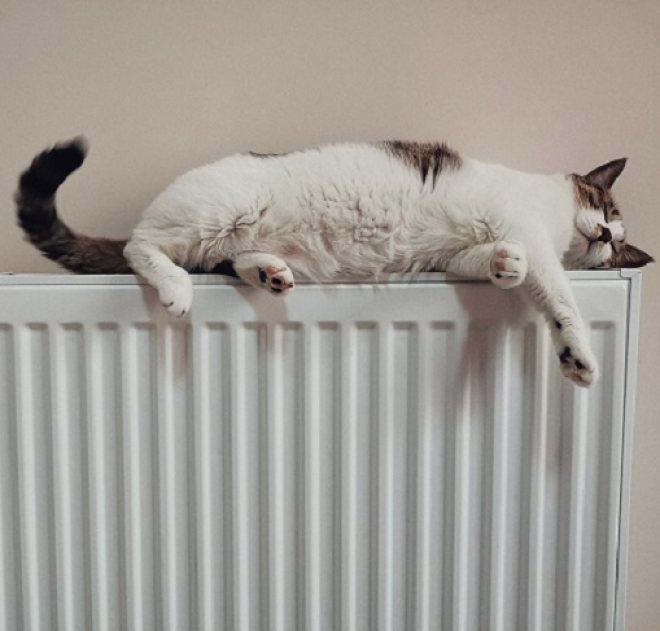Proposals for a Heat in Buildings Bill: Consultation

There is still tme to take part in the Proposals for a Heat in Buildings Bill: Consultation, which closes on the 8 March 2024.
Like many other countries, Scotland has a legal target to reach ‘net zero’ greenhouse gas emissions. The way we heat our homes, workplaces and other buildings is the third-largest cause of greenhouse gas emissions in Scotland. There is no way to meet our legal obligation to reach ‘net zero’ without changing the heating systems in the vast majority of our buildings.
The purpose of the consultation is to make people aware of the proposal to make new laws around the heating systems that can be used in homes and places of work, and to invite views on those proposals.
Scottish Government plan to:
- reconfirm that the use of polluting heating systems will be prohibited after 2045; and
- as a pathway to 2045, require those purchasing a home or business premises to end their use of polluting heating systems within a fixed period following completion of the sale
- introduce a new law that will require homeowners to make sure that their homes meet a reasonable minimum energy efficiency standard by 2033
- require private landlords to meet this minimum energy efficiency standard by 2028
The consultation describes the proposals for how home owners and landlords can meet this standard – either through installing a number of simple insulation and draught-proofing measures, where those are possible, or by meeting a certain level of heat demand. Views received will be taken into account and proposals may be adapted in a way that reflects these.
Meeting these requirements is a big task, particularly in the current context of an on-going cost of living crisis that shows no sign of abating in the near term. The proposals take this into account – they are designed to apply where it is affordable, fair and feasible. Scottishh Government believe that the proposals to provide exemptions where needed ahead of 2045 will provide vital reassurance.
Heat network operators may allow households and businesses to connect into their systems with no (or low) upfront costs. These systems may be attractive to many because they run in a very similar way to your existing gas boiler, and they can make use of local resources like the heat from data centres to provide affordable heating.
But heat networks need the local community to connect in large numbers, especially non-domestic buildings; that’s why in Chapter 4 it is proposed that new laws will require people and businesses to end their use of polluting heating when a heat network becomes available.
You can take part in the consultation here.


